Fast Suspension Fenix Rear Shock
| Where To Buy | |||
|---|---|---|---|
Free shipping on orders over $50 (continental U.S. only).
International shipping available. Some exclusions apply. |
|||
Free shipping on orders over $50 (continental U.S. only).
International shipping available. Some exclusions apply. |
|||

Hailing from France, Fast Suspension is a small company that was founded in 2007. They initially specialized in mountain bike suspension service and various upgrade kits for other brands but since 2015 they are also a manufacturer of rear shocks. The Fenix shock was born from the idea of combining the sensitivity and performance of a downhill coil shock with a climbing platform for enduro applications. We’ve been testing it for the past 5 months, and we’re here to let you know how we’ve been getting along.
Strengths | Weaknesses |
|
|
FAST FENIX Shock Highlights
- 100% CNC
- Alloy 7075 T6 made and anodized with a PTFE impregnation to reduce friction
- Monobloc Shaft + eyelet = stiffer and stronger
- A membrane is used to reduce friction and heat
- Viton Shaft seals for better heat resistance
- VDP piston = better traction control
- 3 independent compression circuits LS – MS – HS
- Shock weight without spring: 500 grams (230 x 65 mm)
- Price includes: the shock, the spring and bushings, the first service after 12 months or 100 hours (geographic restrictions apply)
- MSRP: €950.00 (geographic restrictions apply)
Initial impressions
Pulling the Fenix from the box, you’re met with excellent machining work and a shock that looks ready to get down to business. The sticker on the piggyback looked a little out of place on such a high-end piece of gear, particularly when you factor in the purchase price, but that does include a fully customized shock, the spring, as well as the first 12-month service which takes the sting out of it. [note: the company has now updated the manufacturing process of the product and the graphics are now laser etched.]



The Fenix features 3 separate compressions circuits, the classic low-speed circuit plus a unique mid-speed circuit that gives the rider external control over how the shock reacts to slightly larger hits and weight transfers. The high-speed compression circuit is valved from the factory to match the characteristics of the rider and the bike. On the rebound side, low-speed rebound damping is externally adjustable while high-speed rebound damping is once again set from the factory. The Fenix is built around a monotube architecture with a compressible membrane that takes up displaced oil volume, and Fast’s “VDO” piston that is said to further improve control.


On The Trail
When installing the shock on the bike, the lower eyelet’s reducers kept falling out all the time, which was a bit annoying. We added some sticky grease to hold them in place and got on with the job. Once installed, everything fits well and holds together nicely.


On the trail, we were immediately impressed with the sensitivity and support provided by the Fenix. Our Mondraker Foxy test bike doesn’t have a very progressive leverage ratio curve, but Fast did an excellent job of tuning the shock to suit our requirements. We had the choice of two spring rates and we were able to settle for the lower one, despite the linear nature of the bike and our hard-charging tester doing his best to put the hurt on it. Playing with the different adjusters has a notable effect on handling – we ended up settling for 8 clicks from fully open (out of about 30) for the low-speed rebound, which still leaves it feeling a bit slow in the parking lot test, but excellent on the trail.

As far as compression settings go, we found the mid speed circuit to have a significant effect on how the shock moves through its travel, without harming the off-the-top suppleness. We ended up with the low speed compression fairly open (about 9 clicks from fully open) and the mid-speed at 16 clicks from fully open. This way the shock creates a nicely smooth ramp up of support and can handle all types of terrain. Testing grounds varied from smooth flowy trails to steep rocky stuff and the settings we eventually settled for worked everywhere.

We did try the 400lbs spring as well, the bike felt livelier on flowy trails but too harsh when things got serious. Also, with the heavier spring we needed to fully open all the compression circuits to get some suppleness out of the shock - but then it acted like a dumb spring, and this shock is way more than that.


On the way back up the hill, flipping the climb switch on the shock creates a different animal. In a very impressive way, the shock stays high in the travel, which helps keep a good climbing posture, for both the bike and the rider. It doesn't resemble the fully locked out platforms found on XC machines, where you end up with completely rigid suspension all of a sudden. The Fenix’s platform is still active in a way and still tracks the ground while climbing. We feel that the shock’s platform strikes a great balance between being supportive while still providing grip to the rear wheel and a small cushion for the seated rider. Our tester put both the platform and the open mode to good use a couple of days ago as he rode the shock to victory in the first official EWS Qualifier event ever held in his native Israel.

Things That Could Be Improved
When installing the shock on the bike, the lower eyelet’s reducers kept falling out all the time. We added some sticky grease as a way to hold them in place and it worked well. Still, the excess grease is now catching dirt and grime real quick. We'd like to see some O-rings used here, or tighter fitting reducers. [note: the company has addressed this point now and have updated the hardware accordingly.]
The Fenix shock is a premium product through and through, and it is a bit unsavory to see the company’s logo as a sticker on the shock. We’d like to see a classier presentation here, something laser etched or part of the CNC work done on the shock. [note: the company has now updated the manufacturing process of the product and the graphics are now laser etched.]
Long Term Durability
We still haven't seen any signs of wear on the shock, although it hasn’t been tested for a super long period or in extreme conditions. The valving works the same as on day one and the climb switch still holds a nice and firm platform. This shock will stay on our test bike to continue testing and tinkering with its wide range of adjustments to see if we can squeeze out even more performance out of it.
What’s The Bottom Line?
Bigger is not always better, and testing this shock has been a fine example to showcase this expression. The ability to send your own preferences and receive a custom tuned product that will actually fit your weight, riding style and frame you ride is not something that is readily available to the public from the big players. Although we are seeing highly tunable shocks with a lot of performance from those big players, it is always extra special to ride something that was tailored just for you. In the case of the Fenix, we felt that the custom valving enhanced the bike’s performance over the stock shock - and sure turned some curious heads at the trail head as well.
The Fenix does what it was born for - making our enduro bike a faster one. It provides an effective range of adjustments, an overall light weight, a very effective pedaling platform and the ability to track the surface in an amazing way. The only thing we’d like to have is a bit more bottom out control over big and nasty hits in the bikepark. We might not ask for that on a naturally more progressive bike, but in our case, the shock lacked a bit of that ultimate bottom out control.
More info at www.fast-suspension.com.
About The Reviewer
Yonatan Yatom - Age: 26 // Years Riding MTB: 15 // Height :6'0" (1.83m) // Weight: 157 pounds (71kg)
Yonatan is a born racer and a bike addict. As a true competitor the only thing on his mind when lining up in the start gate is the finish line. With a background in local enduro and DH races and even the occasional appearance in an Enduro World Series on his resume, Yonatan has more recently applied himself to building bigger legs and trying his luck racing XC as well. Throughout the week he’ll be manning the spanners at the bike shop, reading about new stuff on the internet, and thinking about how to improve everything he rides. Yonatan’s riding style is fully pinned, smooth, and quiet but he can be nasty to his bike when needed.
Specifications
Metric trunnion mount:
185mm length x 50mm stroke
185mm length x 52.5mm stroke
185mm length x 55mm stroke
205mm length x 57mm stroke
205mm length x 60mm stroke
205mm length x 62.5mm stroke
205mm length x 65mm stroke
Metric standard mount:
200mm length x 57mm stroke
210mm length x 50mm stroke
210mm length x 52.5mm stroke
210mm length x 55mm stroke
216mm length x 63mm stroke
230mm length x 57.5mm stroke
230mm length x 60mm stroke
230mm length x 62.5mm stroke
230mm length x 65mm stroke
| Where To Buy | |||
|---|---|---|---|
Free shipping on orders over $50 (continental U.S. only).
International shipping available. Some exclusions apply. |
|||
Free shipping on orders over $50 (continental U.S. only).
International shipping available. Some exclusions apply. |
|||


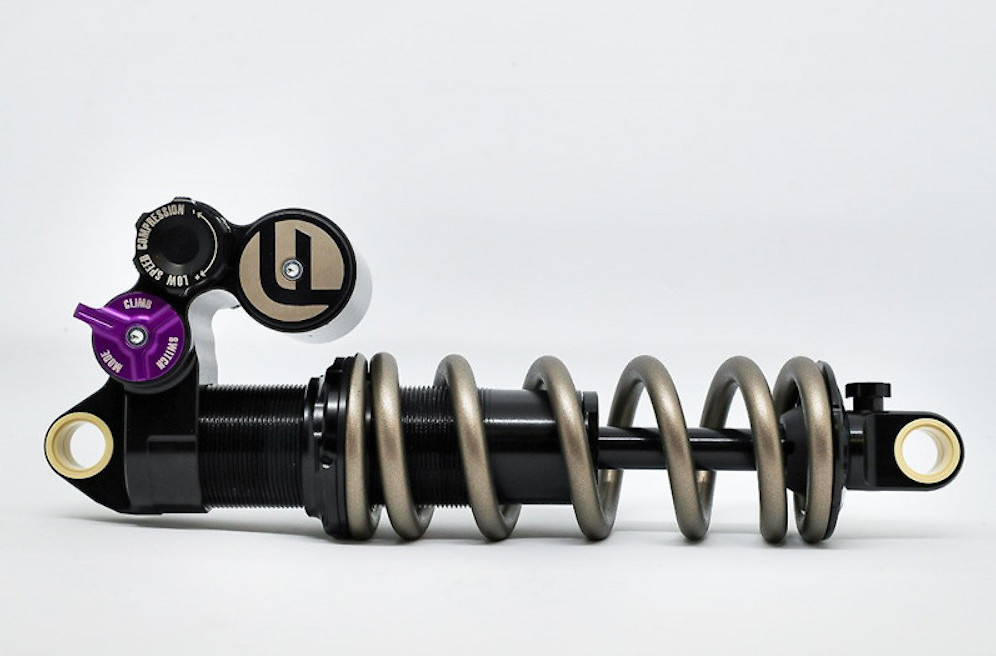













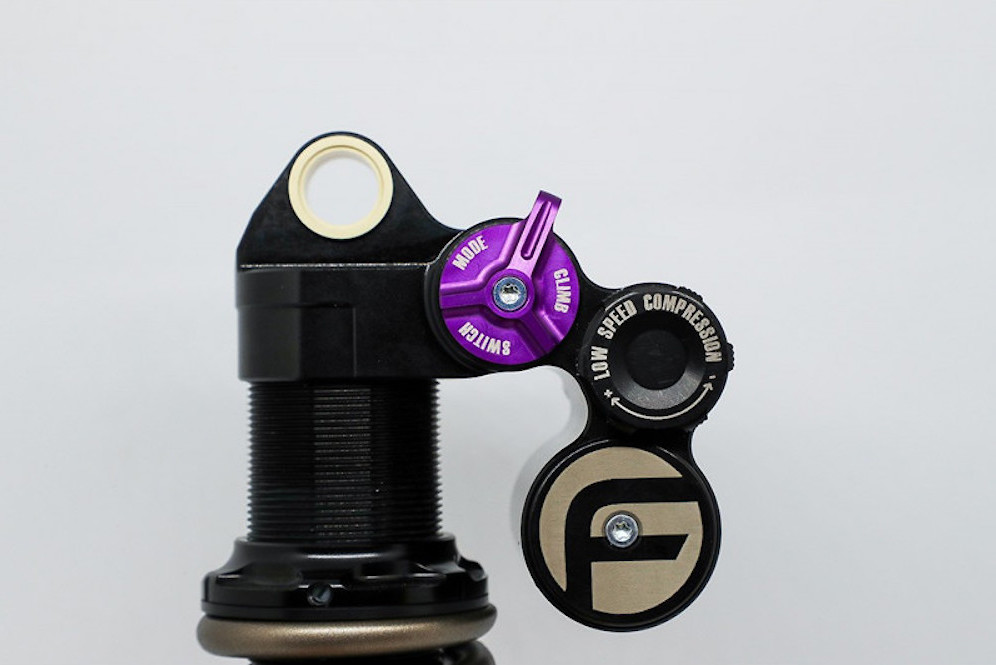




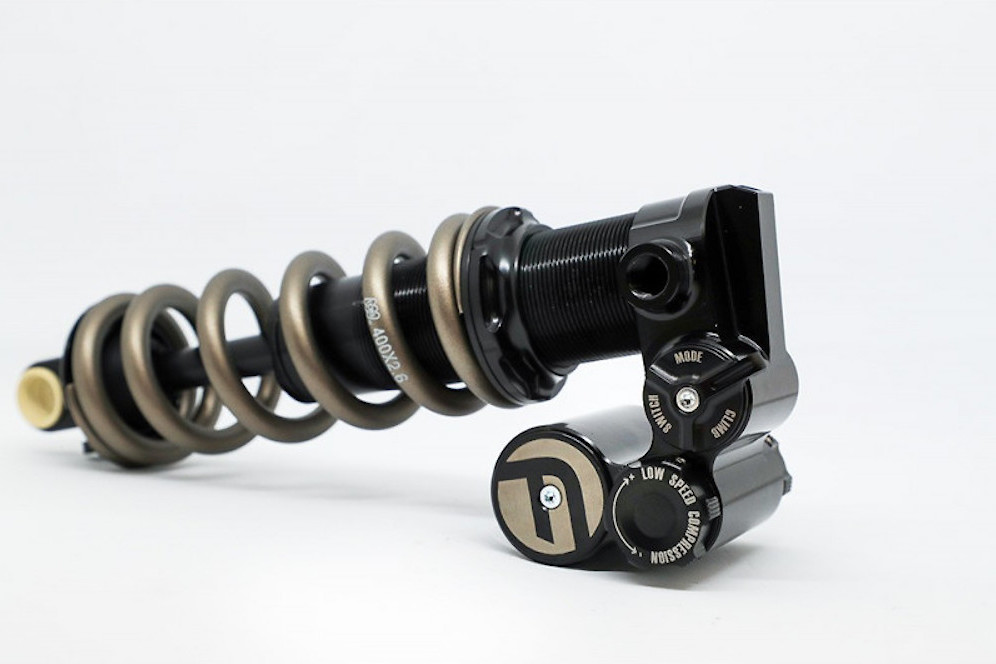

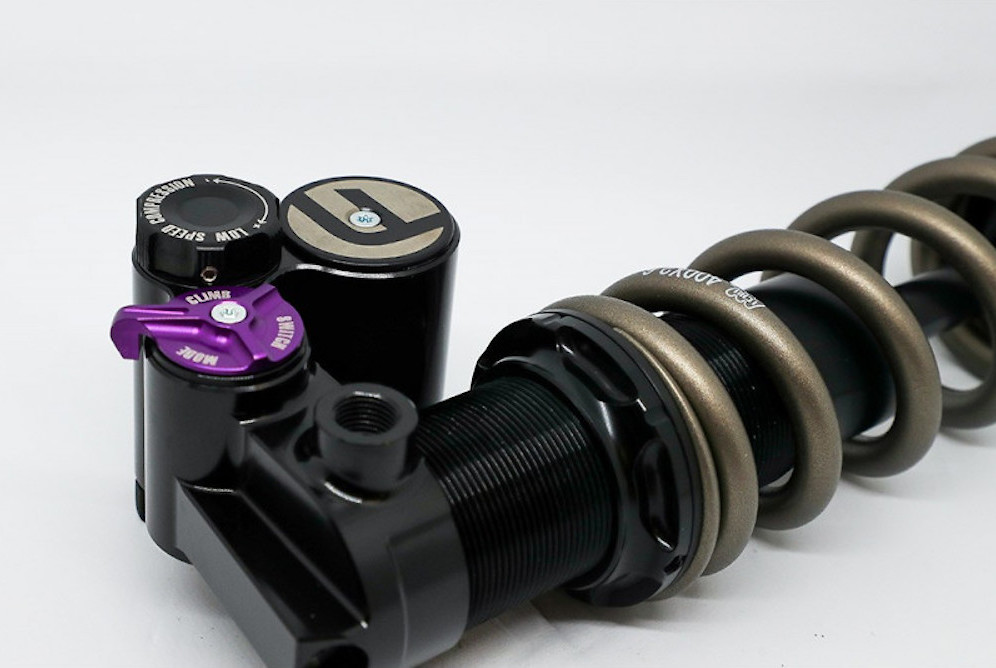

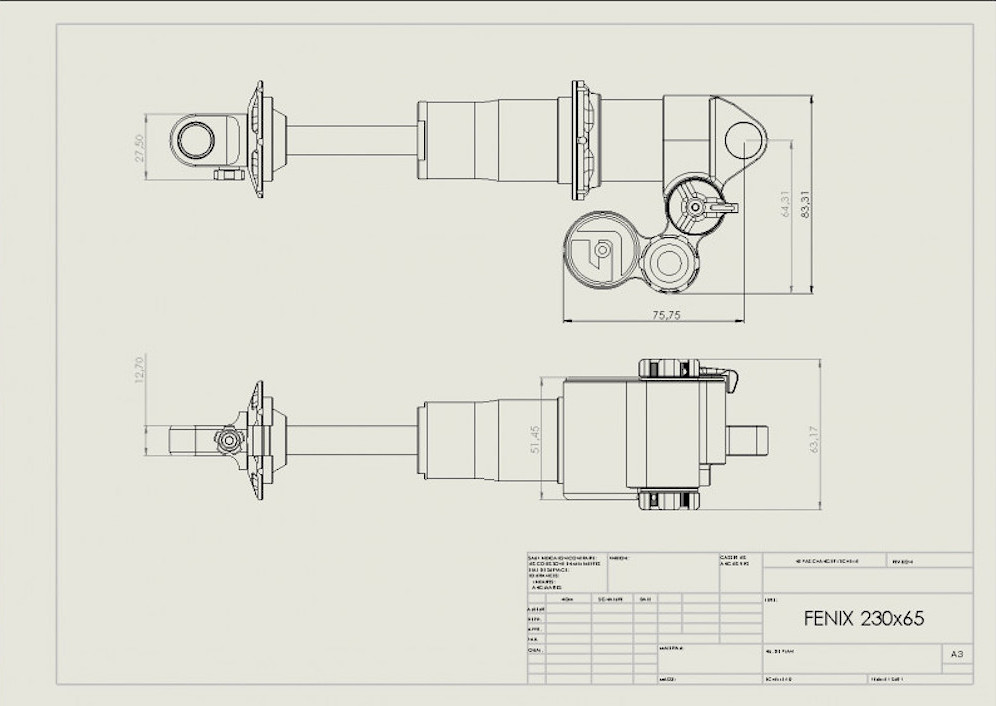




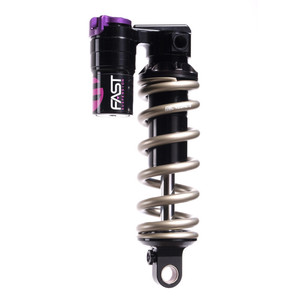
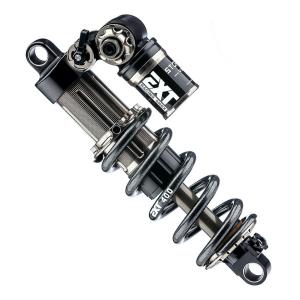
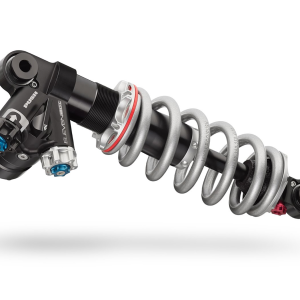












8 comments
Post a reply to: High-Performance Coil Shock for Your Enduro Bike | Fast Fenix Re